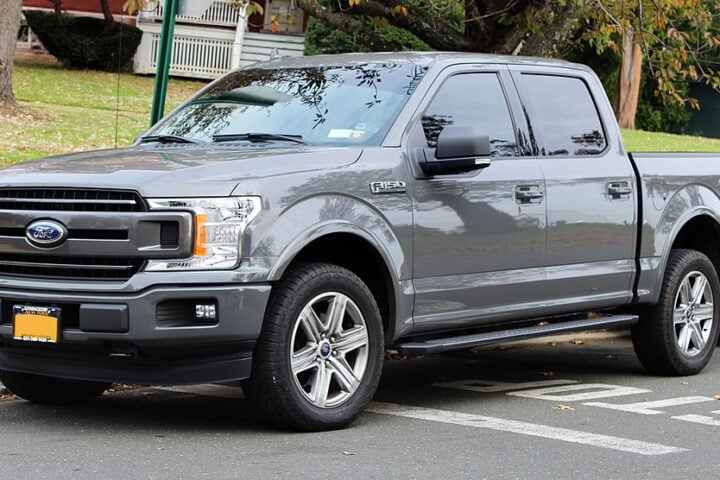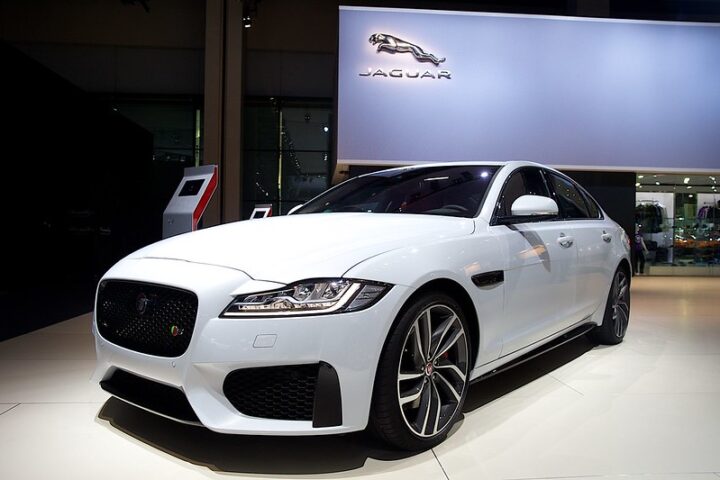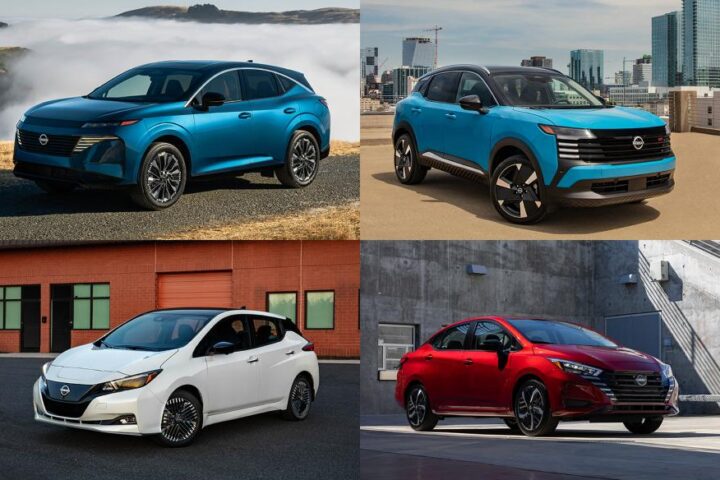The EU Commission is imposing provisional tariffs on electric cars imported from China, citing unfair subsidies that distort competition. These tariffs, ranging from 17.4% to 37.6%, will be in addition to the existing 10% import duties. The final decision on these tariffs, which could remain in place for five years, will be made within four months.
Starting from tomorrow (July 5th), customs authorities will require guarantees for these tariffs, pending the decision in autumn. Negotiations between the EU Commission and China could potentially resolve the trade dispute by then. The provisional tariffs are calculated based on the level of subsidies provided to different auto manufacturers: BYD faces a 17.4% tariff, Geely (including Volvo cars) 19.9%, and state-owned SAIC 37.6%. Other cooperating manufacturers face an average weighted tariff of 20.8%, while non-cooperating firms face 37.6%.

BYD’s EXPLORER NO.1 , Photo Source : BYD
Individual duties to three Chinese manufacturers:
- BYD: 17.4%;
- Geely: 19.9%;
- SAIC: 37.6%.
German concerns over potential Chinese retaliation are notable, given that China, the world’s largest auto market, was the third-largest export market for German cars in 2023. German firms could be impacted not only by retaliatory measures but also by the EU’s actions, as some produce in China for export. German auto industry reactions have been critical, with BMW CEO Oliver Zipse stating that additional import tariffs lead to a dead end, harming global companies, limiting electric car availability, and slowing decarbonization. German Economy Minister Robert Habeck emphasizes the need for a political solution, warning against a tariff escalation that could fragment markets. France, Italy, and Spain reportedly support the tariffs, while discussions continue with China through the World Trade Organization (WTO).
Similar Posts
According to a study by the Kiel Institute for the World Economy (IfW), imports of Chinese cars could drop by 42% following the introduction of new tariffs on electric vehicles. However, long-term prices for electric cars in Europe are expected to be minimally affected. The decline in Chinese imports may be offset by increased sales from European producers and imports from other third countries. Prices for electric cars in China might decrease, while in Europe, they could rise slightly by 0.3% to 0.9% in the short term, according to researchers.
















